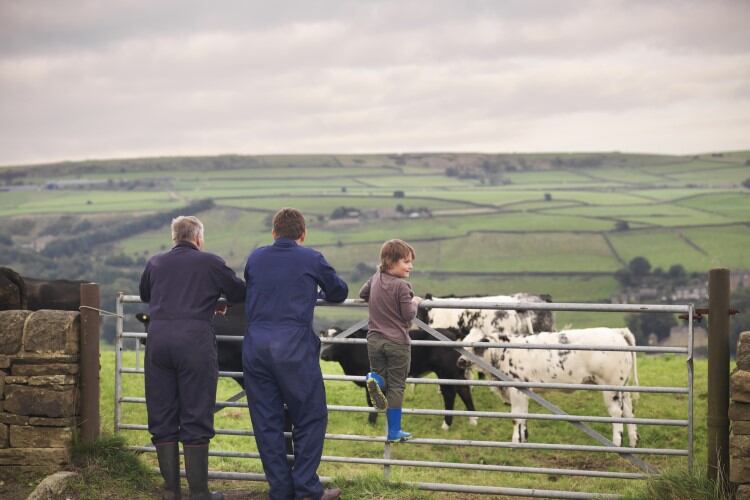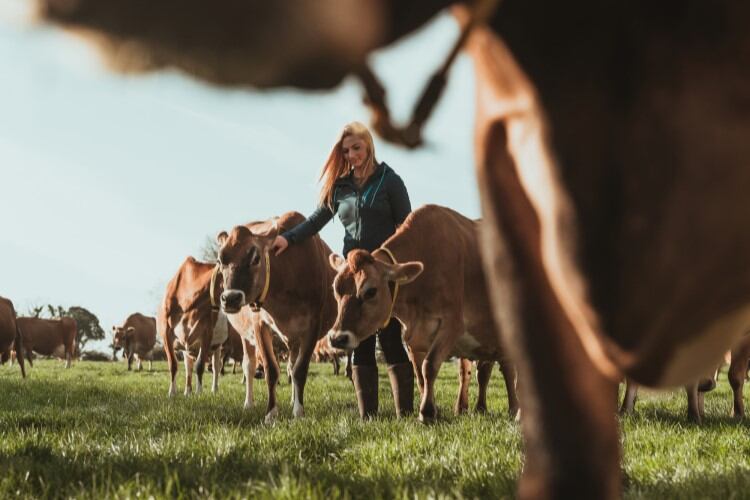From ‘evolving’ the Countryside Stewardship scheme to boosting the number of standards available under the Sustainable Farming Incentive, there’s been a landslide of information released today (January 26, 2023) after months of calls for details of the new ELM schemes to be released. Let’s dig right in.
Sustainable Farming Incentive
Six additional standards will be added to the Sustainable Farming Incentive (SFI) in 2023 in addition to the three existing ones for arable and horticultural soils, grassland soils and moorlands.
The new standards will be nutrient management; integrated pest management; hedgerows; arable and horticultural land; improved grassland, and low/no input grassland standard.
“For example, the nutrient and integrated pest management standards can help you optimise your use of inputs, helping you to reduce costs whilst also potentially maintaining or even improving yields,” Defra said in a statement. Payments will be kept under review ‘over the next two years’ ‘to make sure the scheme works for farmers’.
Farmers who have SFI agreements will be able to take advantage of the new standards. Agreements last three years and are geared towards attracting more tenant farmers, as tenants do not need landlord permission to take part in the SFI. “If you carry out the actions, payments will go to you,” Defra explained.
All actions that SFI payments will cover are: grassland, arable land, permanent crops, moorland and upland peat, lowland peat, woodland trees and agroforestry, boundaries, waterbodies, wetland habitats, coastal habitats, lowland heathland, heritage, species recovery and management, access and engagement, and animal health and welfare.
Countryside Stewardship Plus
In another major announcement, Defra said that ‘an enhanced version’ of the Countryside Stewardship scheme into the Countryside Stewardship Plus. This will contain around 30 additional actions and will be rolled out by the end of 2024.
The measures include what the government had initially planned for the Local Nature Recovery scheme, meaning that instead of introducing a new scheme, the actions will be incorporated under an ‘evolved’ Countryside Stewardship program.
“This will enable us to achieve our original ambitions through a faster, smoother and familiar route. We’ll continue to evolve the scheme over the course of this year and into 2024,” Defra said.
The department added that it had made improvements to the application process for CS, urging farmers to consider applying for the Mid Tier, Higher Tier and the Wildlife Offers for agreements commencing January 1, 2024.
A single, integrated service
There’s good news for those who had been calling for a more cohesive strategy over ELM payments. In its announcement today, Defra has said that it intends ‘to offer SFI and CS in a single, integrated service’ as plans for both schemes progress over the next two years.
“You’ll be able to select a combination of actions from both schemes that work for you,” sad the department, adding that ministers will work to make the transition ‘as smooth as possible’.
“Where there are similar actions in both SFI and CS we’ll maintain parity of payment rates across both schemes. So, if you're already carrying out actions in CS you are not at a disadvantage,” Defra explained.
People with a CS agreement can also have a SFI agreement, so long as we are not paying for the same actions twice on the same piece of land, and the actions for which we are paying are compatible.
Landscape Recovery
Applications for additional rounds of the Landscape Recovery scheme – designed for longer-term projects that boost biodiversity and improve water quality among others – will open in Spring 2023 and in 2024. That round ‘will focus on net zero, protected sites and habitat creation’, said Defra.
“This could include landscape-scale projects creating and enhancing woodland, peatland, nature reserves and protected sites such as ancient woodlands, wetlands and salt marshes,” the department added in a statement. “We will take on up to 25 projects, depending on the quality of the applications.”
‘Incredibly useful’
The National Farmers Union vice-president David Exwood has welcomed the news and has said the NFU ‘remains committed to working with Defra to improve its ELM offer’.
He said: “It’s encouraging that Defra has provided us with more detail on the future of the ELM programme and brought forward a broader, more flexible offer for the SFI. Information on the six new standards for SFI 2023, payments rates, as well as the evolving Countryside Stewardship scheme, is incredibly useful and provides some of the clarity we have been asking for.
“For farmers and growers making crucial long-term decisions that are essential to running viable and profitable food producing businesses, it’s vital they have the full scheme details as soon as possible and know how the different schemes will work together. A speedy application and payment process will also be key to give farm businesses some much-needed security.”
Exwood concluded that for the ELM to be successful, ‘we’ve always said it needs to be simple, provide certainty and fairly reward farmers for taking part’. “This means schemes being developed that are inclusive and available to every farm business - whether upland or lowland, tenant or owner-occupied.”


